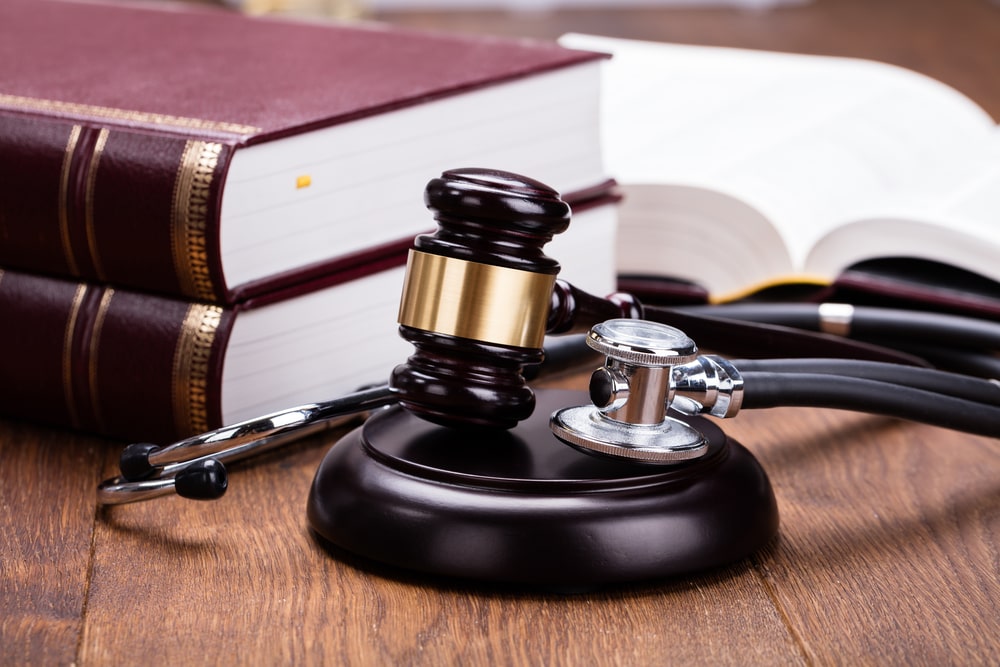When you or a loved one faces the daunting prospect of a medical malpractice trial, understanding what lies ahead can be both empowering and reassuring. Medical malpractice cases are complex, often involving intricate legal and medical details.
Understanding Medical Malpractice
Before diving into the trial process, it’s essential to grasp what constitutes medical malpractice. Simply put, medical malpractice occurs when a healthcare professional deviates from the standard of care in their field, leading to patient harm. This could involve misdiagnosis, surgical errors, improper treatment, or neglect. Recognizing the gravity of these situations, our legal system provides a pathway for victims to seek justice and compensation.
Preparing For The Trial
Preparation is key in a medical malpractice trial. A medical malpractice attorney will gather evidence, including medical records, expert testimonies, and witness statements. This phase is crucial as it lays the groundwork for your case. You, as the client, may be involved in several meetings with your attorney to discuss your medical history, the care you received, and the impact it has had on your life.
Jury Selection Process
The trial begins with jury selection, where attorneys from both sides select jurors who they believe will be impartial and fair. This process, known as voir dire, is critical as the jury’s perception and understanding of the case will ultimately decide the outcome.
Opening Statements
Once the jury is in place, the trial officially starts with opening statements. Here, each side presents an overview of their case, setting the stage for the evidence and testimonies to follow. These statements are not evidence but rather a roadmap of what each party believes the evidence will show.
Presentation Of Evidence
The bulk of the trial involves the presentation of evidence. As the plaintiff, your attorney will present first, calling upon medical experts, witnesses, and yourself to testify. The defense will then present their evidence, attempting to refute your claims and defend the actions of the medical professional.
Understanding Expert Testimony
Expert testimony is a cornerstone of medical malpractice trials. These experts, often experienced medical professionals, help explain complex medical concepts and standards of care to the jury. Their insights are vital in establishing whether the defendant’s actions deviated from accepted medical practices.
Cross-Examination
After each witness testifies, the opposing side has the opportunity to cross-examine them. This process is crucial for challenging the credibility and reliability of the testimony. A skilled cross-examination can significantly impact the jury’s perception of the evidence.
Closing Arguments
As the trial nears its end, both sides present their closing arguments. This is the last opportunity for the attorneys to address the jury, summarizing the key points of their case and urging the jury to view the evidence in a light favorable to their client.
Jury Deliberation And Verdict
After closing arguments, the jury deliberates. This can take hours or days, depending on the case’s complexity. The jury will evaluate the evidence, apply the law as instructed by the judge, and reach a verdict. If they find it in your favor, they will also decide on the compensation.
Navigating a medical malpractice trial can be a challenging and emotional journey. However, with a clear understanding of the process, and a supportive legal team, you can have confidence moving forward. Skilled attorneys such as those at David & Philpot, PL can assist you as you approach this path with a sense of empowerment. Remember, each case is unique, and the trial process is a dynamic and sometimes unpredictable journey toward seeking justice and acknowledgment of your experiences.

